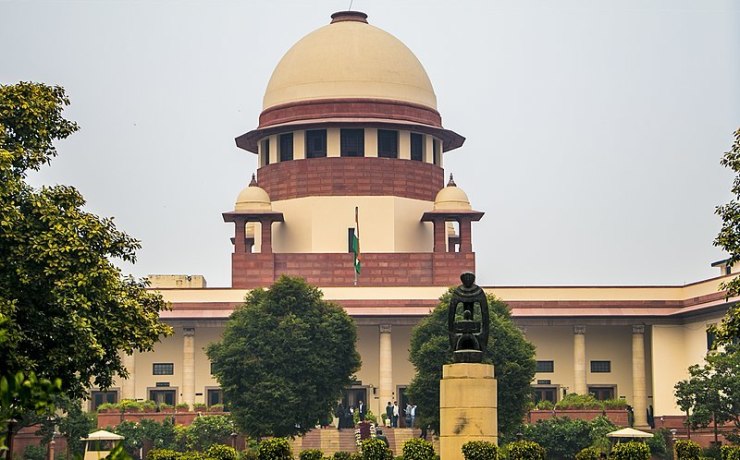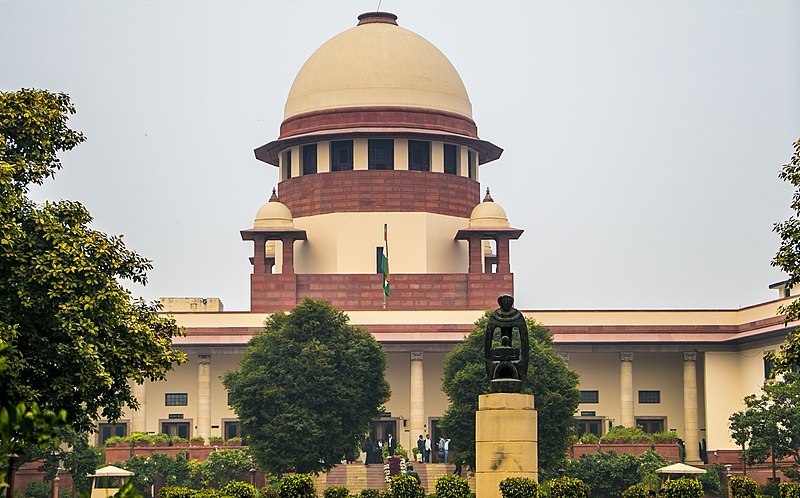
The Supreme Court of India has agreed to hear a crucially important case regarding income tax exemptions for nuns and priests working as teachers in government-aided Christian missionary schools across the country. This development marks a new chapter in the long-running legal struggle surrounding the issue.
A bench comprising Chief Justice DY Chandrachud and Justices JB Pardiwala and Manoj Misra took note of the matter’s urgency, given numerous appeals filed by various dioceses and congregations based in Tamil Nadu and Kerala. Senior advocate Arvind Datar, representing the concerned parties, emphasised the need for an early hearing, as 78 appeals specifically challenged Madras High Court verdicts that dismissed pleas for the tax exemption.
This income tax exemption had been consistently granted to aided missionary schools for nearly 70 years until 2014, when the government suddenly revoked it by mandating tax deduction at source on all teachers’ salaries. The affected schools and teachers refused to accept this reversal quietly, mounting legal challenges all the way up to the Supreme Court.
At the heart of this dispute is the question of whether the salaries of nuns, priests and other members of religious orders teaching in these schools should be considered their personal income or the property of their parent congregation. For decades, it was accepted that these missionaries take vows of poverty and renunciation, transferring their salaries directly to their supervising diocese or congregation rather than personally acquiring the income.
The schools argued that this meant that the missionaries themselves never actually gain income that should be subject to tax. Their pleas pointed to a 1944 circular from the Central Board of Direct Taxation explicitly stating income tax should not apply to fees received by missionaries for services rendered. A similar 1977 circular had reinforced this principle.
However, on 1 December 2014, the Income Tax Department had directed all educational authorities to begin implementing tax deduction at source on the salaries paid from public funds to missionaries. This overturned decades of precedent and raised concern from Christian schools nationwide.
With the Supreme Court now set to weigh in, the focus will be on intricate constitutional questions surrounding religious freedom as well as the practicalities of tax law. The Court has an opportunity to provide much-needed clarity on the balance between preventing religious discrimination and enforcing secular tax policies. For thousands of Christian schools and missionaries, the eventual ruling will have profound financial consequences.




























![[Video] More – Aghogho » GospelHotspot](https://gospelhotspot.net/wp-content/uploads/2024/04/More-Aghogho.jpeg)
















